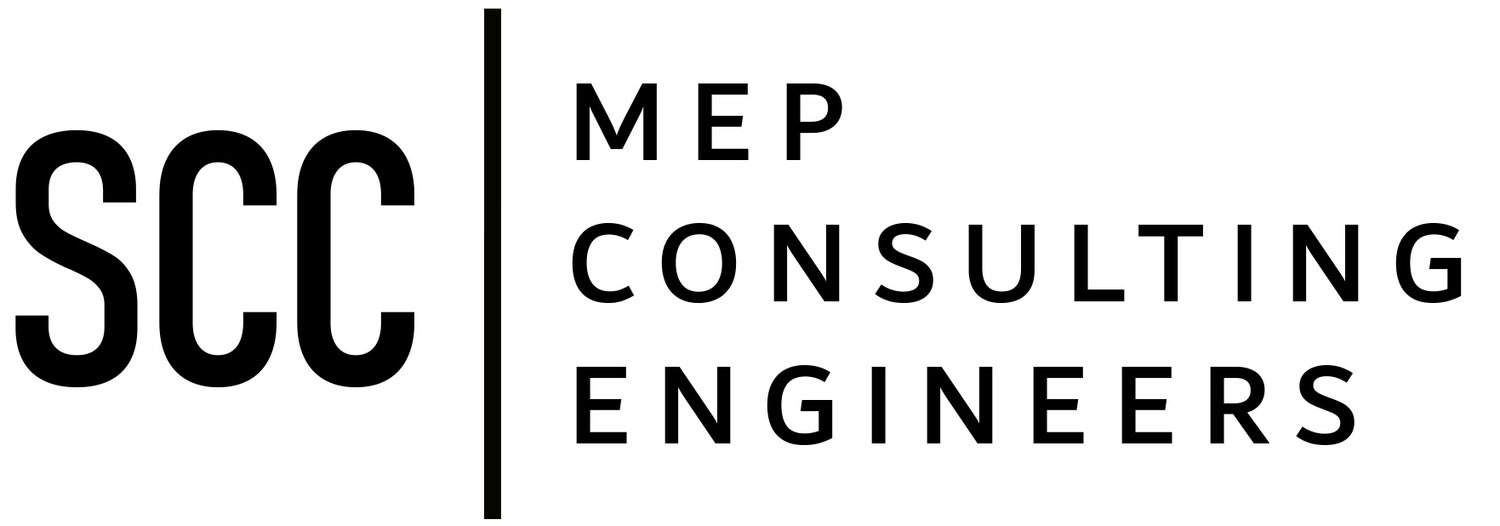Certification
-
Leadership in Energy and Environmental Design (LEED) is a certification program for green building design and construction. It provides a framework for building owners and operators to implement sustainable practices in energy efficiency, water conservation, materials selection, and indoor environmental quality.
-
BREEAM evaluates the sustainability performance of various building types, including new construction projects, existing buildings, and refurbishments. It assesses a wide range of environmental and social criteria, considering factors such as energy and water efficiency, materials selection, waste management, indoor environmental quality, ecological impact, and management processes.
-
Passivhaus is a building standard and design approach that focuses on creating highly energy-efficient buildings with exceptional levels of comfort and indoor air quality. The primary goal of Passivhaus is to significantly reduce a building's energy demand for heating and cooling, while maintaining a comfortable and healthy living environment. Passivhaus buildings are known for their exceptional energy efficiency, with heating and cooling demands typically reduced by 75-90% compared to conventional buildings. They provide a high level of occupant comfort, with consistent indoor temperatures, excellent indoor air quality, and minimal drafts.
-
WELL Accreditation refers to the professional certification program offered by the International WELL Building Institute (IWBI). It focuses on assessing and recognizing buildings and spaces that prioritize the health and well-being of their occupants. The WELL Building Standard covers a wide range of factors that contribute to occupant health, including air quality, water quality, lighting, thermal comfort, acoustics, nutrition, fitness, and mental well-being.
